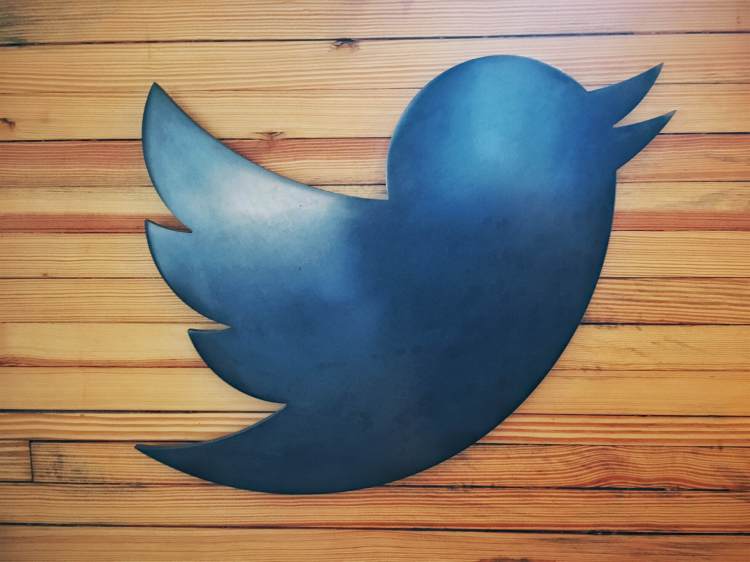Want smarter insights in your inbox? Sign up for our weekly newsletters to get only what matters to enterprise AI, data, and security leaders. Subscribe Now
Tonight, when Hillary Clinton and Donald Trump go toe to toe in the first presidential debate, the real action will be happening across social media platforms like Facebook and Twitter.
That is where supporters of both sides, plus a mix of snarky cynics, will engage in digital trench warfare through an avalanche of tweets, GIFs, and meme-pushing in an attempt (that will convince absolutely nobody) to prove their candidate had the upper hand. We can expect much of that social media chatter to be hostile, insulting, and quite likely misogynist and racist.
This tone has been devolving for years, sadly. But now Facebook and Twitter will officially be at the center of the maelstrom with their respective decisions to livestream the event. Double the fun, double the hate.
When I heard the news, my mind flashed back to the 2008 election, when it was Obama versus McCain. On a chilly October evening, I and a gaggle of other tech journalists in San Francisco were invited to an exciting new event called Hack The Debate.
The event was a partnership between Current TV, the cable channel started by Al Gore and Joel Hyatt in hopes of revolutionizing TV show creation, and the then-fledgling little social media service called “Twitter.”
As I explained in a story for the San Jose Mercury News:
Twitter is “the micro-blogging service that lets you write messages up to 140 characters (known as “tweets”)…If you want to participate, you need to have an account with Twitter (it’s free). If you don’t have an account, sign up for one at www.twitter.com.
Hooray, future!
The folks working at Twitter and Current had rigged up a system in which certain tweets would appear on the screen as Current TV broadcast the debate, providing they had the right hashtag. Before the event, Gore met us media people in the lobby of Current to give us a lofty speech about the future and TV and Twitter and democracy.
“I think this is a fantastic breakthrough,” Gore said. He went on to say that he hoped it would “break down the walls between the television medium and everyone else out there.” He added that “Current was designed from the get-go to be a bridge tween the internet and the TV medium and, in the process, to democratize the TV medium.”
Neat! I was pretty optimistic about this exciting new interactive TV future. It was still a time to naively believe in the wisdom of the crowd:
I was simultaneously trying to watch the debate, read the stream of comments, and furiously type my own thoughts into my BlackBerry. For much of the debate, that mental juggling left me feeling alert and engaged.
This was, of course, back when I was never ever, ever giving up my BlackBerry keyboard for that stupid new iPhone that was, like, totally impossible to type on.
Still, the road ahead looked shiny and new and full of goodwill and cheer toward all mankind. And I was sure Twitter would help make all-out digital utopian dreams come true.
In the case of a political debate, it made for more informed, critical viewing than if I had watched on a network and listened to some talking head after it ended tell me what to think about what I’d seen…And in this age of spin and cynicism, anything that helps us be more engaged and informed as citizens is something to be applauded.
Nope. Oh well…The crowd, we know now, has turned out to be a mob. Our digital democracy dreams have been crushed beneath the reality of humanity’s worst instincts.
Eight years later, the Twitter story has also largely stalled, a tale of missed chances and puzzlingly slow product development. We are now debating when Twitter might be sold and to whom. And we are wondering if Twitter can ever get a handle on the range of miscreants, from trolls to terrorists, who have burrowed in and made the service a cesspool of hate.
Speaking to Wired magazine after the Hack The Debate event, author and social media guru Shel Israel was probably more prescient than me.
“It’s just a bunch of young people making shallow comments,” he said of the tweets on the screen. “Next time, I’ll stay in the privacy of my home, and have a conversation with my wife.”


